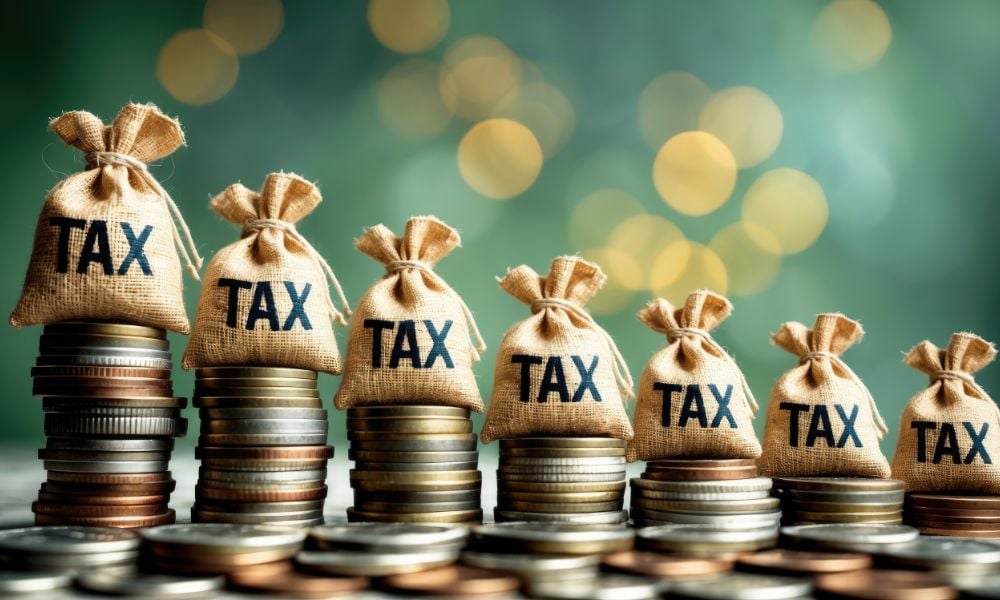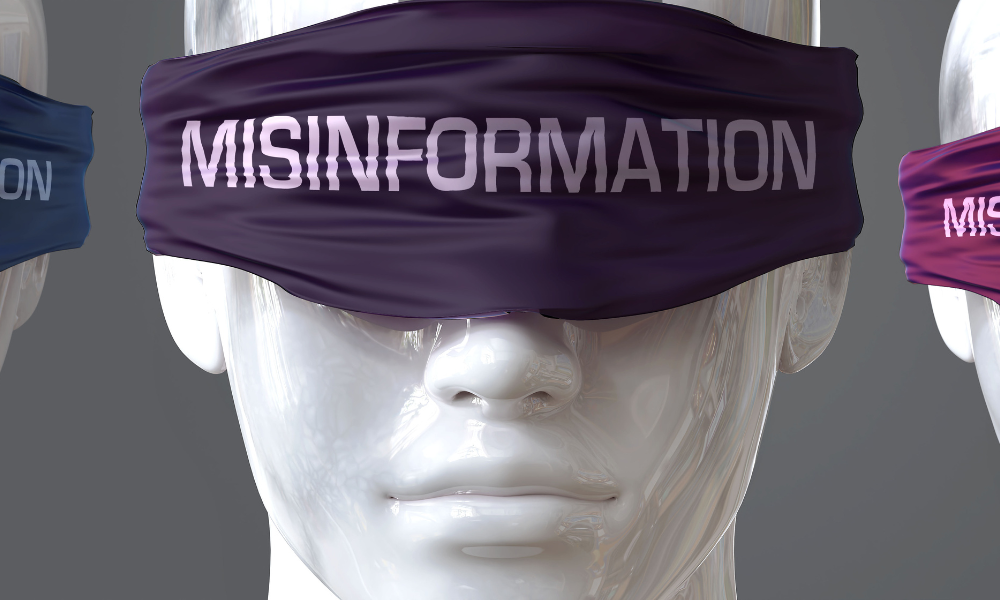New report challenges view that top 20% do not pay their fair share

With wealth inequality in Canada rising, the call will grow louder for those earning the most to pay more taxes, possibly even a wealth tax. But a new report challenges the narrative.
The Fraser Institute study ‘Measuring Progressivity in Canada’s Tax System, 2025’ reveals that the top 20% of income-earning families pay more than half of all taxes collected across various levels of government.
This includes personal income taxes, sales taxes, property taxes, and other levies, illustrating a tax system that is, by design, heavily progressive. The top quintile earns 48% of total income but contributes 57% of the total tax bill.
“Despite the common misperception that top earners don't pay their 'fair share' of taxes, the reality is these households pay a disproportionately large share of the total tax bill,” said Jake Fuss, director of fiscal studies at the Fraser Institute and co-author of the report.
The report uses a simple but revealing metric: comparing the share of total income a group earns to the share of total taxes it pays. On that basis, only the top 20% pay more in taxes than their proportion of income. All other income groups contribute less in taxes than their income share.
For example, the bottom 20% of income-earning families earn 5% of total income but pay just 2% of total taxes. Middle-income groups show similar patterns, with tax shares consistently lower than income shares.
These findings raise important questions about perceptions of tax fairness in Canada. While political discourse often focuses on raising taxes on “the rich” to fund social programs, the evidence suggests that high earners are already paying more than proportional contributions.
“Fairness in taxation should be rooted in objective comparisons between income earned and taxes paid,” said Fuss. “By that measure, it’s clear that Canada’s tax system is already quite progressive.”
The study emphasizes the need for informed debate on tax policy—grounded not in rhetoric but in data. As calls for increased wealth redistribution continue, the report serves as a reminder that understanding who pays what is essential to crafting sound fiscal policy.



